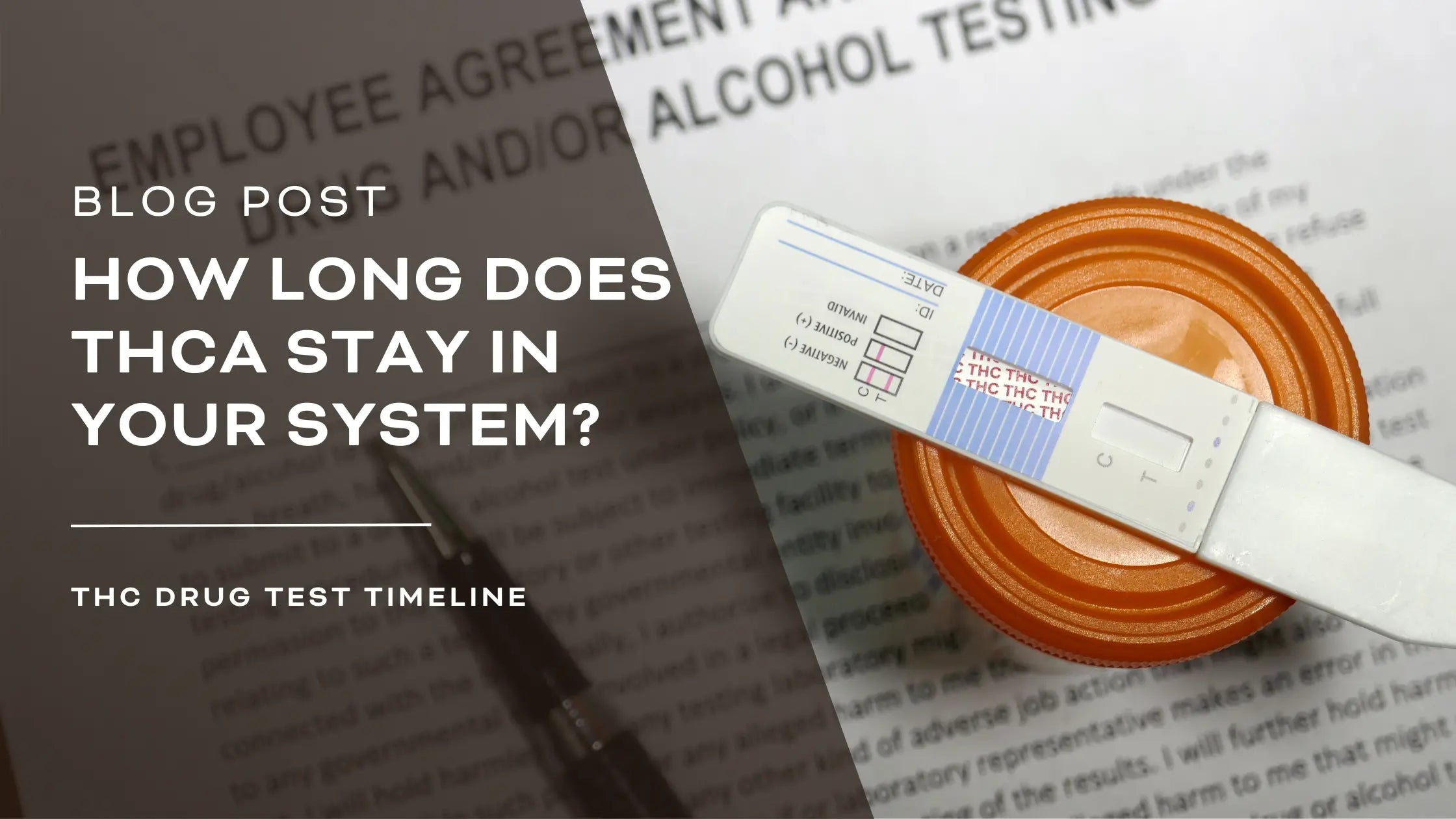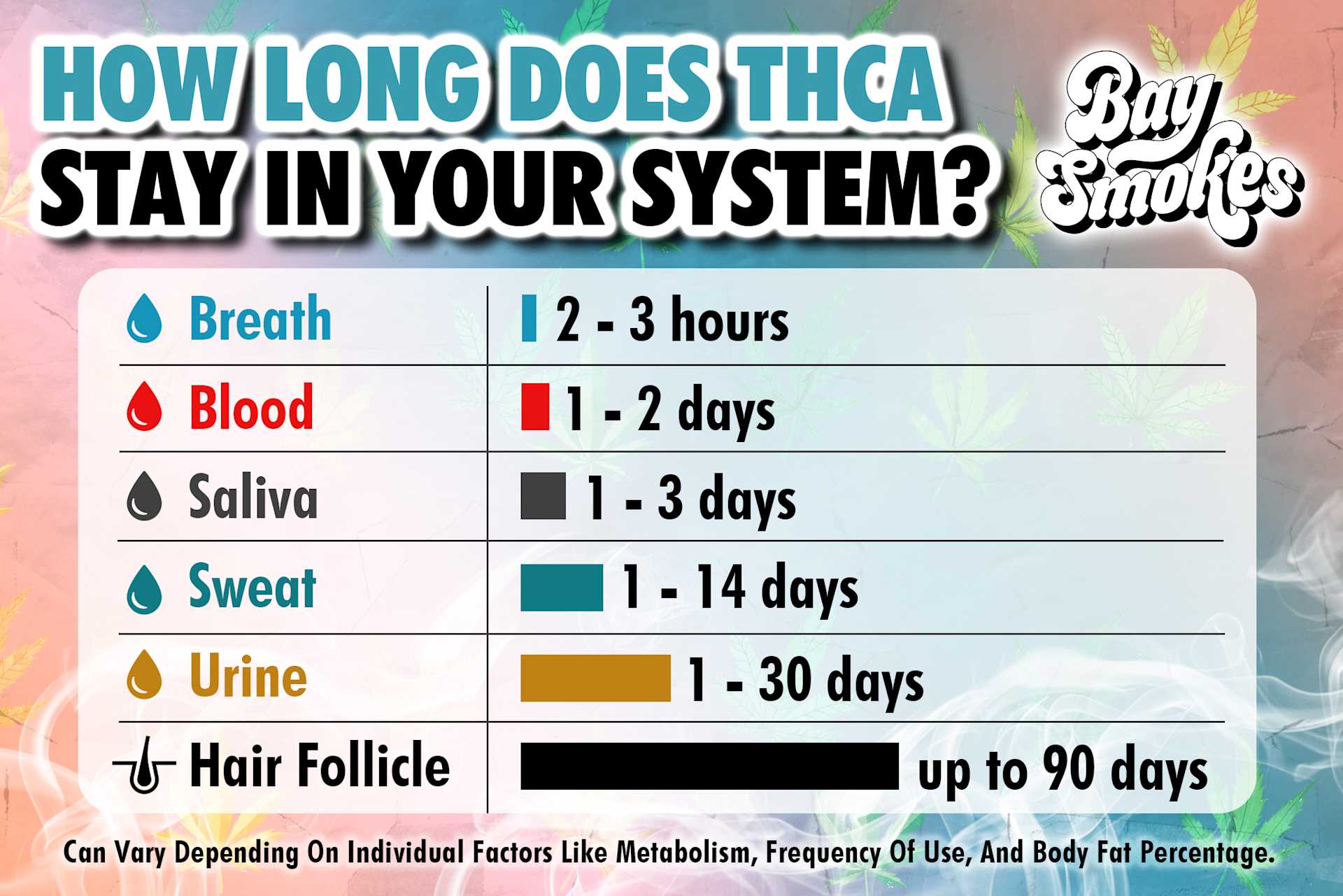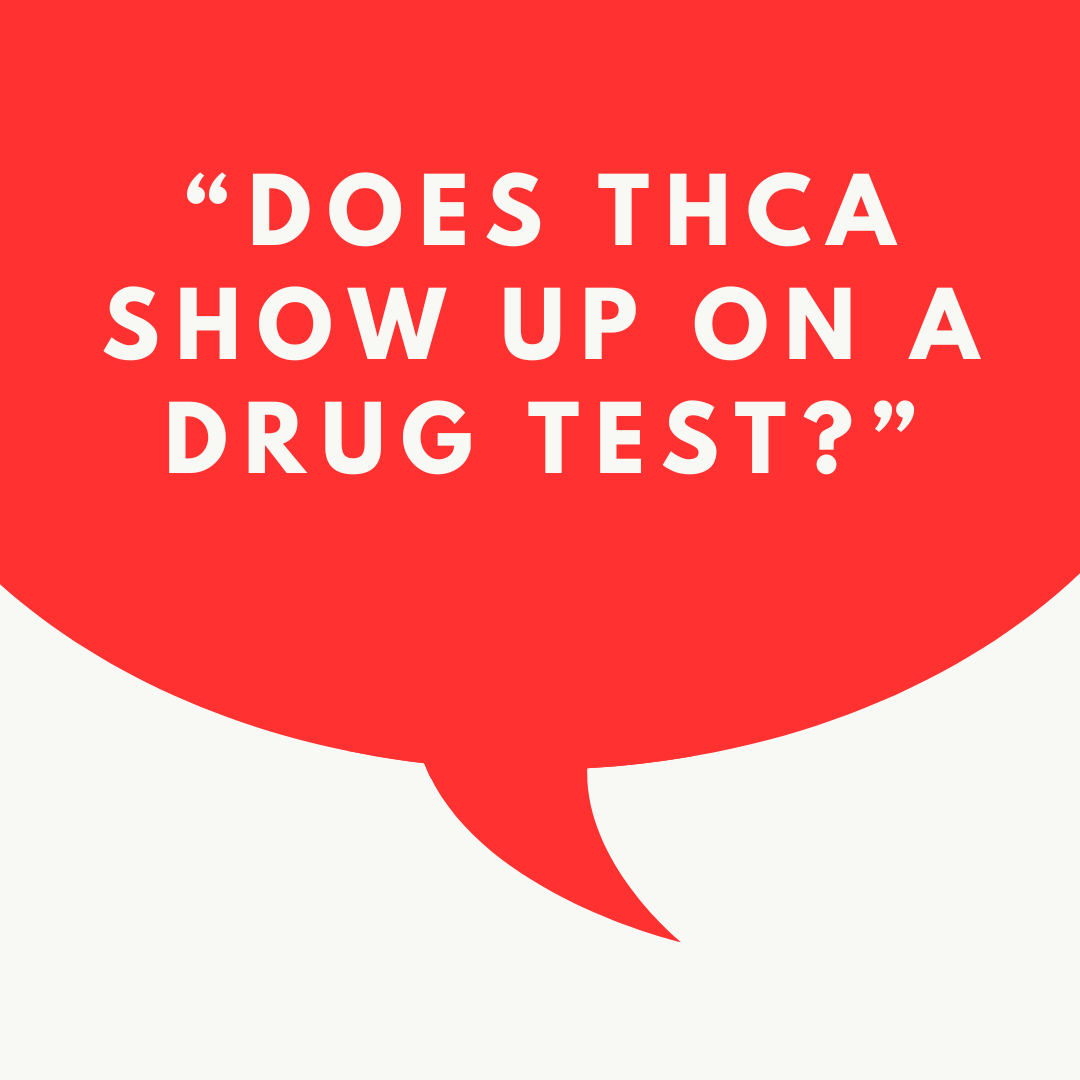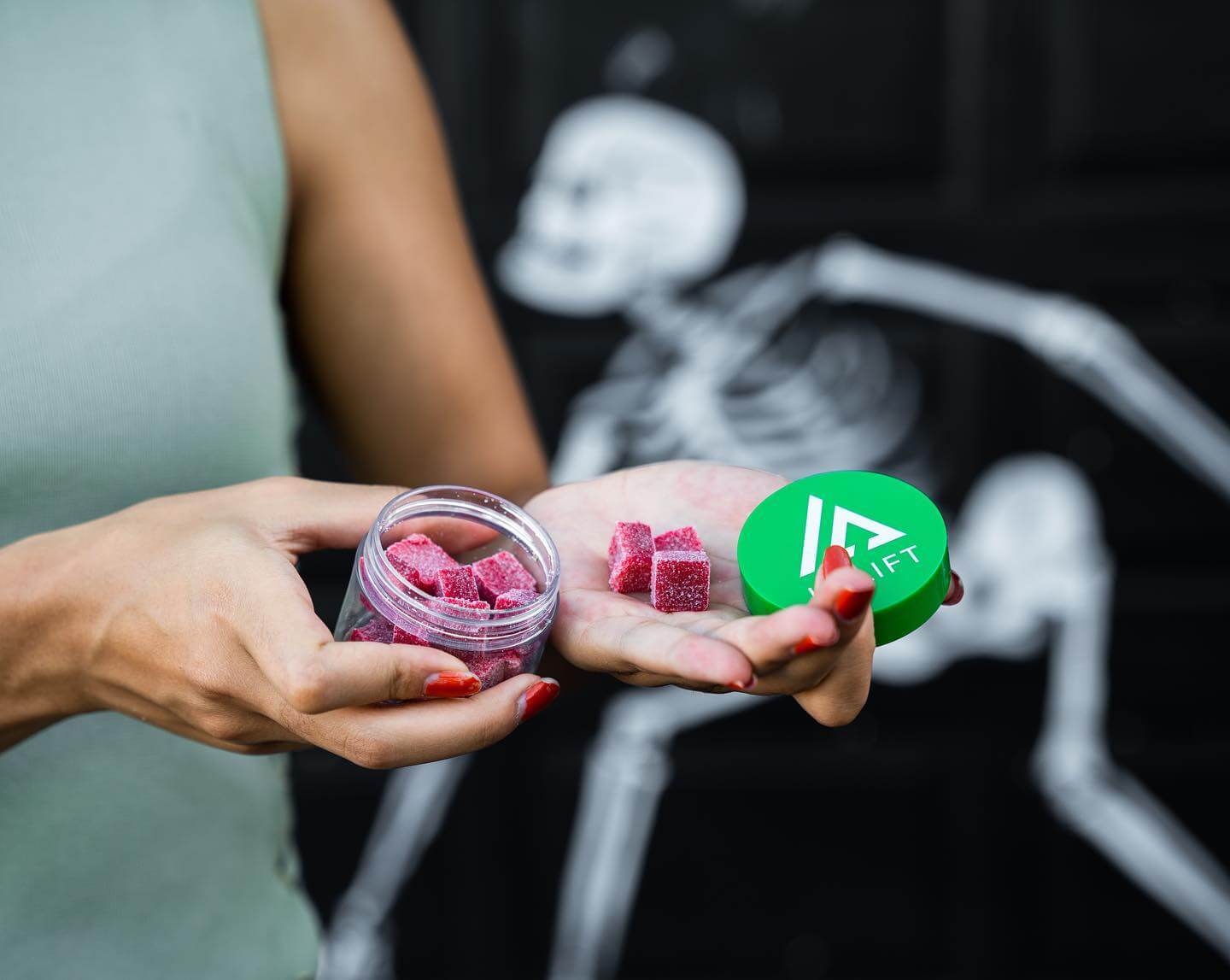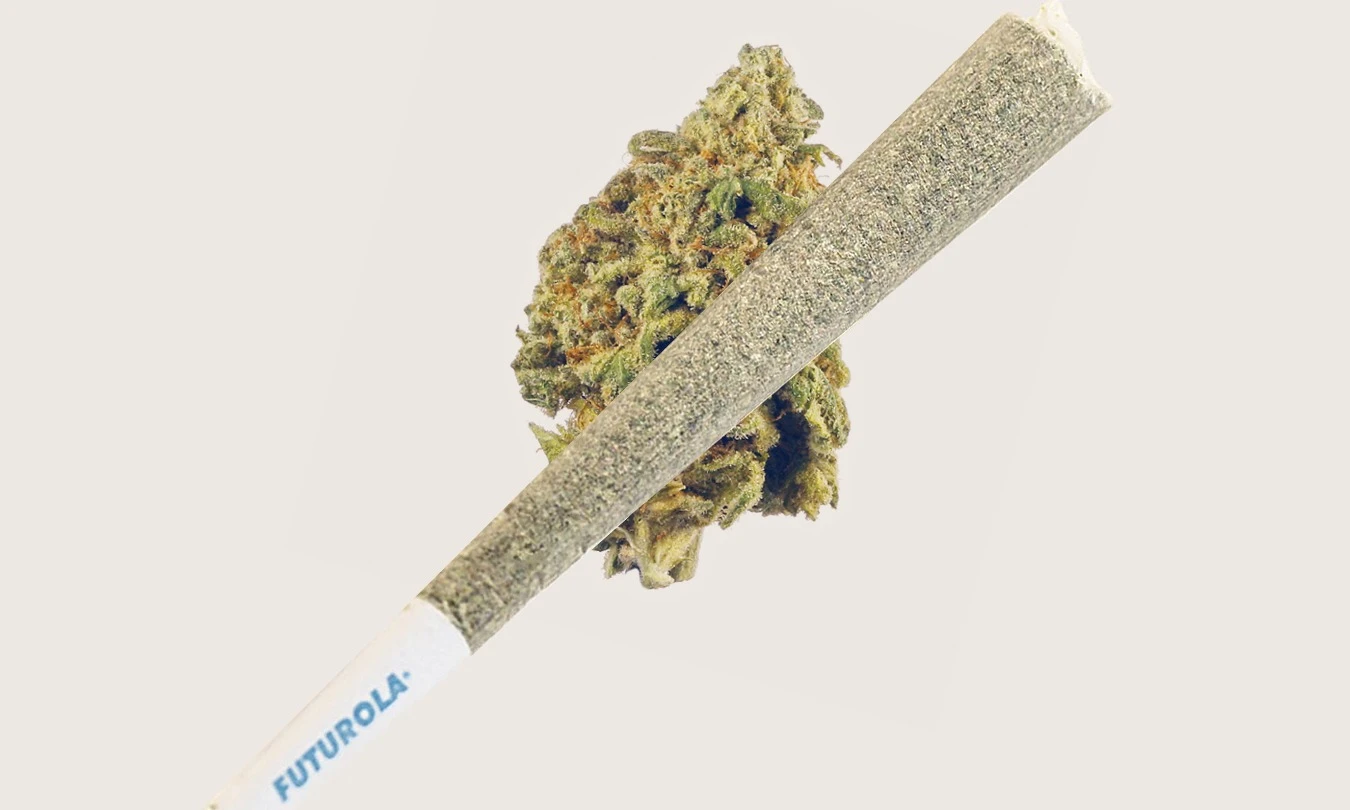Does Thca Pop Up On Drug Test
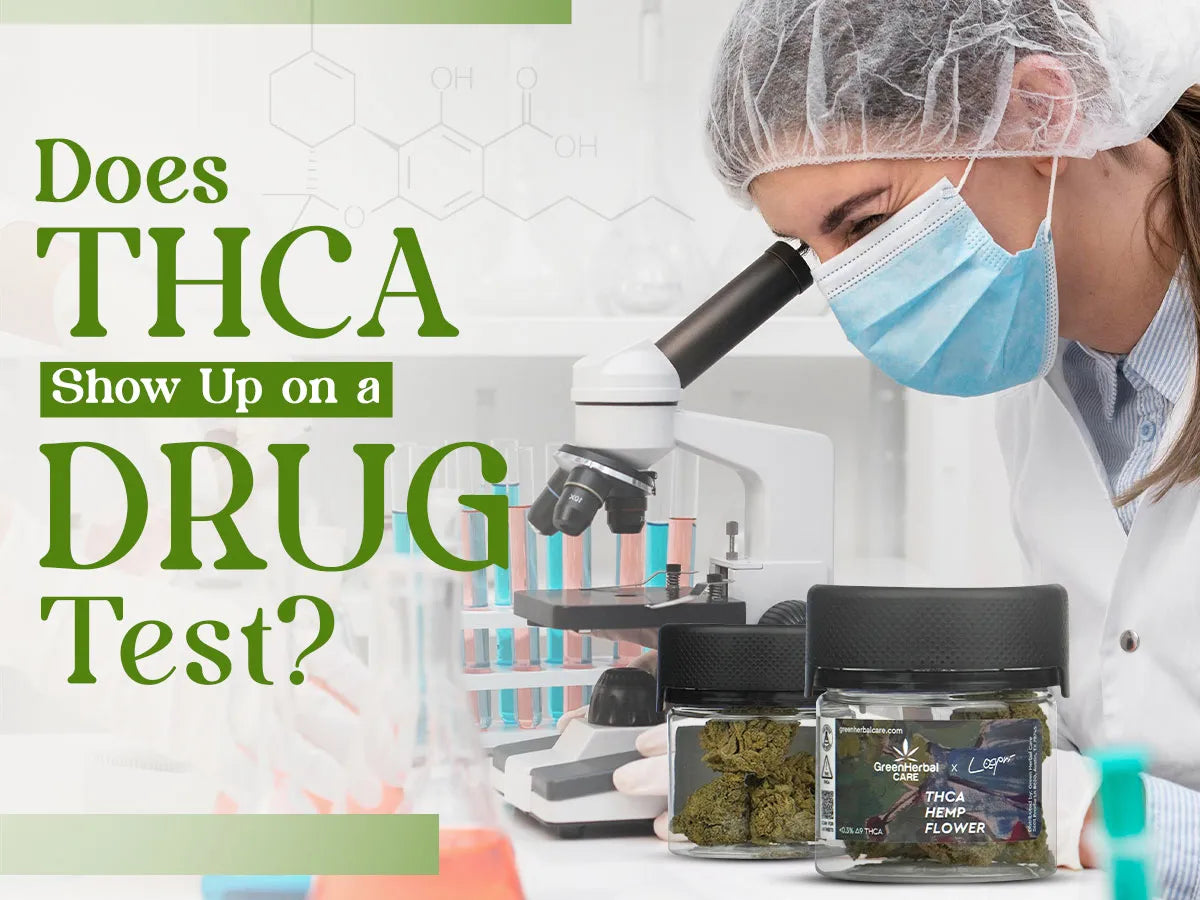
The legal landscape surrounding cannabis continues to evolve, creating confusion and anxiety for individuals navigating workplace drug testing policies. While much attention has been given to THC, the psychoactive compound in marijuana, the presence of THCA, its non-psychoactive precursor, is raising new concerns about potential positive drug test results and their consequences.
This article delves into the complex question of whether THCA can trigger a positive drug test. It examines the science behind drug testing, analyzes how THCA metabolizes, and explores the legal and practical implications for employees, employers, and the broader cannabis industry. We'll address the current state of testing sensitivity and cross-reactivity, relying on data and expert opinions to provide clarity and guidance.
Understanding THCA and THC
THCA, or tetrahydrocannabinolic acid, is the primary cannabinoid found in raw cannabis plants. It is not psychoactive in its raw form, meaning it doesn't produce the "high" associated with cannabis use.
When cannabis is heated, through smoking, vaping, or cooking, THCA undergoes a process called decarboxylation, converting it into THC (tetrahydrocannabinol), the well-known intoxicating compound.
The difference between THCA and THC is critical to understanding the debate around drug testing. Many consumers use THCA products, such as raw cannabis juice or tinctures, believing they can benefit from the plant's properties without experiencing psychoactive effects.
How Drug Tests Work
Most standard drug tests, particularly those used by employers, screen for the presence of THC-COOH, a metabolite of THC. This metabolite is produced when the body processes THC.
Urine drug tests are the most common type of screening, followed by hair follicle tests and oral fluid (saliva) tests. Each method has a different detection window and sensitivity level.
The sensitivity of a drug test is measured by its cutoff level, which is the concentration of the target substance (in this case, THC-COOH) that must be present in the sample for the test to return a positive result.
The Core Question: Can THCA Convert to THC?
The central question is whether consuming THCA can lead to the presence of THC-COOH in the body, triggering a positive drug test. The answer is complex and depends on several factors.
While THCA is not directly psychoactive, it can convert to THC in the body to a minimal extent. This conversion can occur through exposure to heat (even body heat over time) or through metabolic processes.
The amount of THCA that converts to THC depends on individual factors such as metabolism, dosage, and the specific product consumed.
Scientific Studies and Evidence
Research on the direct impact of THCA consumption on drug test results is limited. More studies are needed to fully understand the metabolic pathways and conversion rates.
However, some anecdotal evidence and limited studies suggest that consuming high doses of THCA, especially if it's not properly stored, might lead to a low-level presence of THC in the body.
The levels of THC, even if present, may or may not exceed the cutoff levels of standard drug tests. This variance creates uncertainty and concern for individuals consuming THCA products.
Testing Sensitivity and Cross-Reactivity
Some drug tests may exhibit cross-reactivity, meaning they can produce a positive result due to substances that are structurally similar to the target analyte (THC-COOH). However, THCA itself does not directly cause this cross-reactivity.
The primary concern arises from the potential conversion of THCA into THC, which is then metabolized into THC-COOH and detected by the test.
The sensitivity of the test plays a crucial role. A highly sensitive test with a low cutoff level is more likely to detect even trace amounts of THC-COOH, potentially leading to a positive result.
Legal and Practical Implications
The possibility of a positive drug test due to THCA consumption raises significant legal and practical implications, especially in industries with strict zero-tolerance drug policies.
Employees could face disciplinary action, including termination, even if they were not intentionally consuming psychoactive substances. This creates ethical dilemmas and potential legal challenges.
"Employers need to be aware of the evolving landscape of cannabis products and the potential for false positives or unexpected results," says Dr. Emily Carter, a toxicologist specializing in workplace drug testing.
Employers should review their drug testing policies to ensure they are fair, accurate, and reflect the current scientific understanding of cannabis and its metabolites.
Recommendations and Mitigation Strategies
For individuals concerned about drug testing, several strategies can help mitigate the risk of a positive result. Firstly, exercise caution when consuming THCA products.
Choose reputable suppliers who provide clear information about the product's composition and purity. Store THCA products properly to minimize conversion to THC.
If you are subject to drug testing, consider informing your employer about your use of THCA products. Honesty and transparency can help avoid misunderstandings and potential conflicts.
The Future of Drug Testing
The cannabis industry is pushing for more sophisticated drug testing methods that can distinguish between active THC use and the presence of non-psychoactive cannabinoids like THCA.
Researchers are exploring new testing technologies that can accurately measure the levels of different cannabinoids and their metabolites, providing a more nuanced understanding of cannabis consumption.
As regulations evolve and scientific knowledge advances, drug testing policies will likely become more refined, addressing the unique challenges posed by THCA and other emerging cannabis compounds.
Conclusion
While THCA itself is not the target of most drug tests, its potential to convert into THC raises concerns about triggering a positive result. Individual circumstances, dosage, product quality, and testing sensitivity all play a role.
Until drug testing methodologies become more specific and regulations catch up with the evolving cannabis landscape, caution and transparency are essential. Staying informed and engaging in open communication with employers can help navigate the complexities of drug testing in the age of cannabis.
The ongoing research and dialogue surrounding THCA and drug testing are crucial for fostering fair and accurate workplace policies that respect both employee rights and employer responsibilities.




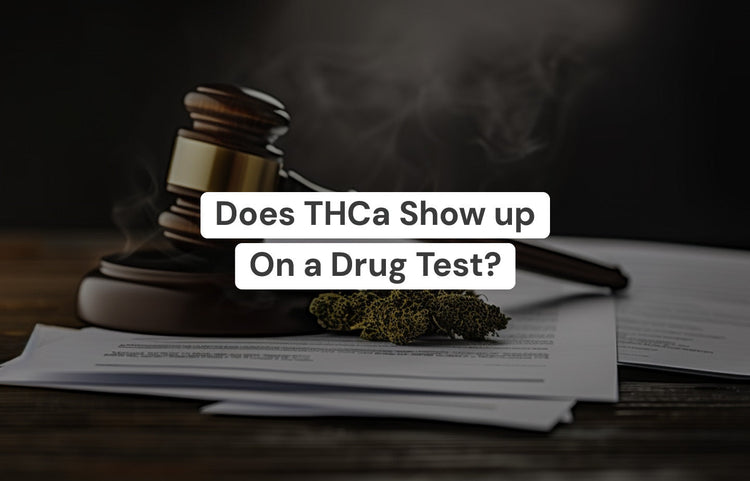

![Does Thca Pop Up On Drug Test Does THCa Show Up in a Drug Test? [4 Tests You Need To Know About]](https://www.exhalewell.com/nitropack_static/ndOpVjwnxtWqVWFLZlcDhgCBwjUlGsKG/assets/images/optimized/rev-2f24775/www.exhalewell.com/wp-content/uploads/2025/02/thca-chemical-structure-cannabis-leaf-with-yellow-background.jpg)

